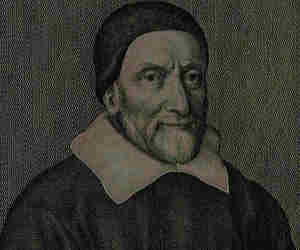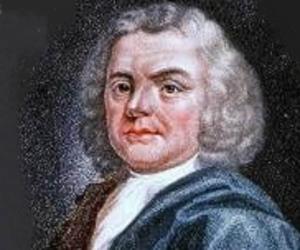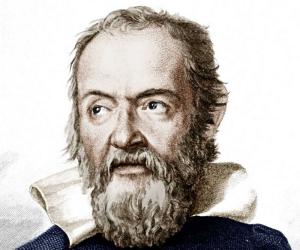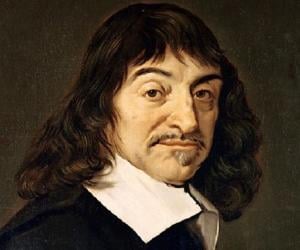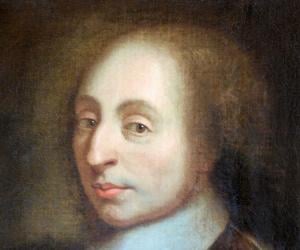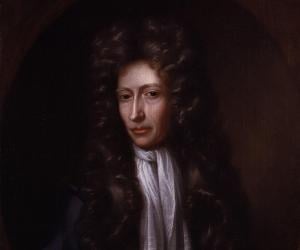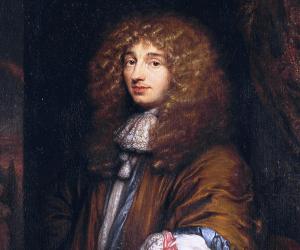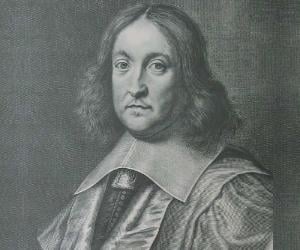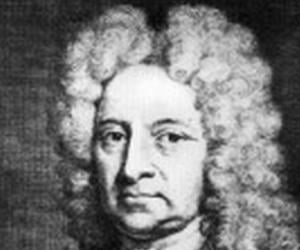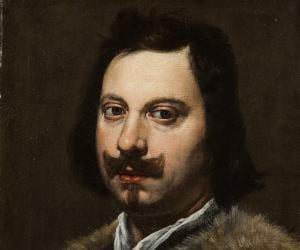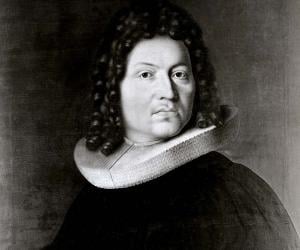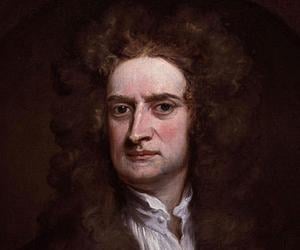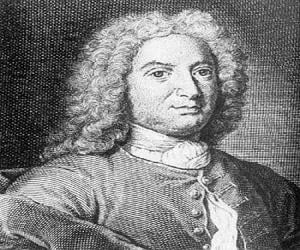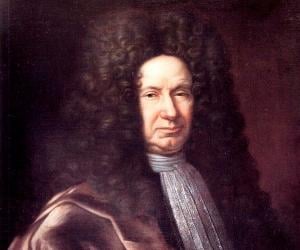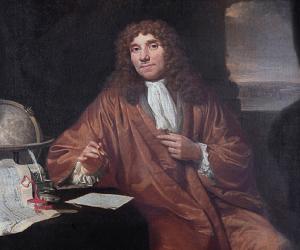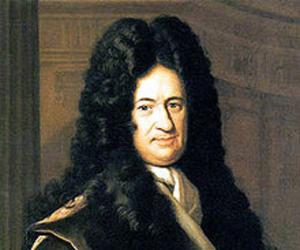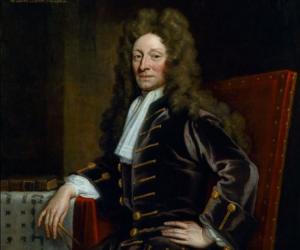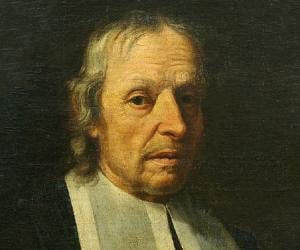An Italian astronomer, engineer, and physicist, Galileo Galilei is widely regarded as the father of observational astronomy, the father of the scientific method, the father of modern physics, and the father of modern science. He is credited with popularizing the telescope, which changed the course of history.
This 17th-century German mathematician, astronomer, and astrologer is remembered for his pathbreaking work on optics. He invented a developed version of the refracting telescope. He also laid down Kepler's laws of planetary motion and wrote Astronomia Nova, Harmonices Mundi, and Epitome Astronomiae Copernicanae.
Blaise Pascal was a French physicist, mathematician, philosopher, and inventor. A child prodigy, Pascal's work on projective geometry, at the age of 16 is commendable. He is one of the earliest inventors of the mechanical calculator, which he did when he was still a teenager. His work on probability theory influenced the development of social science and modern economics.
Robert Boyle was an Anglo-Irish chemist, natural philosopher, inventor, and physicist. Regarded as the first modern chemist, Boyle is often counted among the founders of modern chemistry. One of the pioneers of the scientific method, Robert Boyle is also remembered for his books, including The Sceptical Chymist, which is viewed as a keystone book in chemistry.
From proposing the wave theory of light to discovering the actual shape of the rings of Saturn and inventing the pendulum clock, Dutch scientist Christiaan Huygens had contributed a lot to science. Born to a diplomat, Huygens had the privilege of an elite education but remain sickly throughout his life.
Seventeenth-century French mathematician Pierre de Fermat was also a qualified lawyer. Remembered mostly for his contribution to number theory, probability, calculus, and analytic geometry, he was also known for his proficiency in six languages, including Greek and Latin. One of his major works, Introduction to Loci, was released posthumously.
Edmond Halley was an English astronomer and mathematician who was mainly concerned with practical applications of science. He abandoned college education to travel to St. Helena. He published catalogue of 341 southern stars with telescopically determined locations. Known for his wide range of interest, he helped Newton to publish his magnum opus, Philosophiæ Naturalis Principia Mathematica. He used Newton's Law of Motion to compute periodicty of Halley’s Comet.
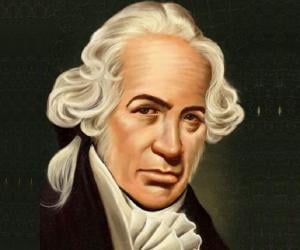
Daniel Gabriel Fahrenheit was a scientific instrument maker, inventor, and physicist. One of the most prominent and influential personalities of the Dutch Golden Age of science and technology, Fahrenheit is credited with many important inventions, including the mercury-in-glass thermometer and Fahrenheit scale. His inventions helped shape the history of thermometry.
Evangelista Torricelli, a student of Galileo, later made a name for himself as a physicist and a mathematician with his invention of the barometer. He also laid down the Torricelli’s theorem and discovered the Torricellian vacuum. The torr, a unit of pressure, bears his name.
Born into a family of drug merchants, Jacob Bernoulli was forced to study theology by his father but later deviated to math. He taught math and laid down the Bernoulli’s equation and calculus of variations. Apart from him and his brother, Johann Bernoulli, his family later produced more great mathematicians.
One of the most influential and popular scientists of all time, Sir Isaac Newton played a prominent role in our understanding of natural phenomena. He formulated the law of universal gravitation and laws of motion. He also developed the Newtonian telescope among other devices. Apart from science, Newton was also intrigued by religion, occult, and alchemy.
Brother and colleague of Swiss mathematician Jacob Bernoulli and part of the famous Bernoulli family of mathematicians, Johann Bernoulli was initially pushed to join his family business of drug and spices. He later took up medicine, eventually deviating to math and contributing to infinitesimal calculus, along with Jacob.
Seventeenth-century Dutch scientist Antonie van Leeuwenhoek, also known as the Father of Microbiology, is remembered as a pioneer of microscopy. His contribution to microbiology included the discovery of spermatozoa, bacteria, and muscle fibers. Though he had not authored any book, his letters to the Royal Society were later published.
Architect Sir Christopher Wren had built over 50 churches in London, the most popular of them being the St. Paul’s Cathedral. He was a major force behind the formation of the Royal Society and was also knighted for his achievements. He was also a member of the English Parliament.
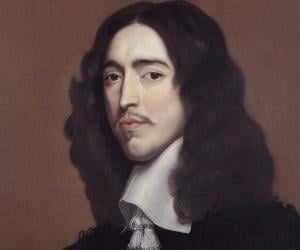
Marcello Malpighi was forced to take up grammatical studies by his father but later earned doctorates in philosophy and medicine. Malpighi revolutionized medical science by discovering things such as taste buds, red blood cells, and the pulmonary and capillary network connecting veins and arteries. Many physiological features bear his name.
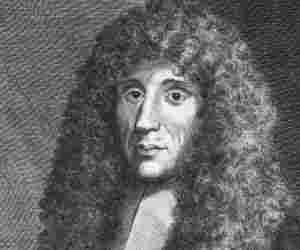
Called the founder of experimental biology and father of modern parasitology, Italian physician, biologist, naturalist and poet Francesco Redi did the first major experiment to challenge spontaneous generation. His book Esperienze intorno alla generazione degl'insetti includes most of his famous experiments, while his poem book Bacco in Toscana is counted among the finest works of 17th-century Italian poetry.
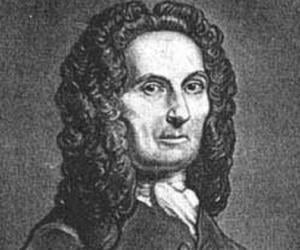
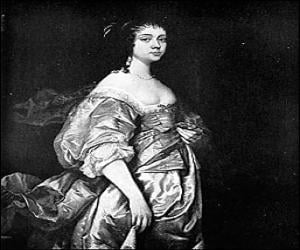
Lady Margaret Lucas Cavendish was an English poet, philosopher, playwright, fiction writer, and scientist. Margaret, who had the audacity to publish her works without using a pen name at a time when female writers remained anonymous, was ahead of her time. Not surprisingly, she was considered eccentric and earned the nickname Mad Madge. Her works gained popularity in the 1980s.
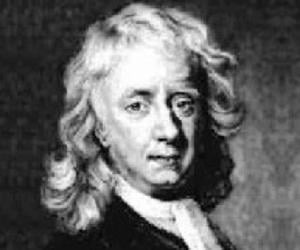
Apart from being an army officer and a physician, Hennig Brand was also an alchemist who was constantly looking for the mythical philosopher’s stone. His research led him to discover phosphorus by accident, which he kept a secret, though it was later formally discovered by Robert Boyle from England.
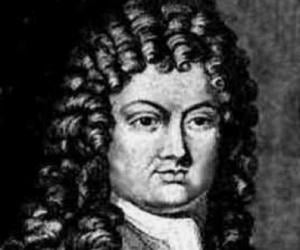

Belgian physician and chemist Jan Baptista van Helmont often considered the founder of pneumatic chemistry, is also said to have used the word “gas” for the first time in the scientific world. He is also said to have been the first to identify gas sylvestre, which later came to be known as carbon dioxide.
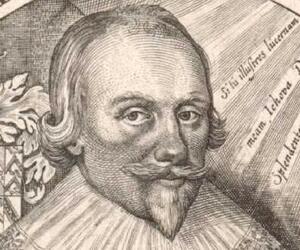
Best remembered for his study of occult philosophy, Robert Fludd, the son of English diplomat Sir Thomas Fludd, was also a physician. However, he was criticized for being a medical professional who believed in magic and defended Rosicrucianism. His other interests included cosmology, astrology, and Freemasonry.
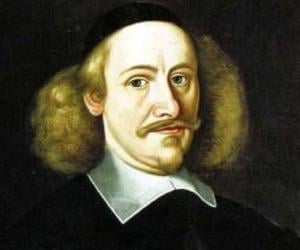
Otto von Guericke was a German inventor, scientist, and politician. He made several significant contributions to the development of the Scientific Revolution. He is also credited with inventing the first air pump which he used effectively to study the phenomenon of vacuum. His studies and observation helped reveal the fact that light unlike sound can travel through a vacuum.
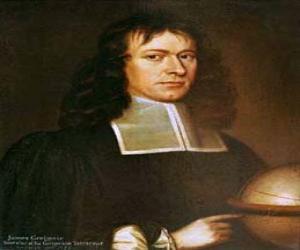
James Gregory was a Scottish astronomer and mathematician. A celebrated mathematician, Gregory served as a professor of mathematics in several institutions like the University of Edinburgh and the University of St Andrews. He is also remembered for publishing several books, including Optica Promota, which describes Gregory's design for a reflecting telescope which came to be known as the Gregorian telescope.
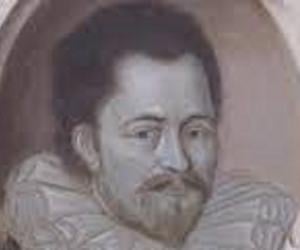
Simon Stevin was a Flemish physicist, mathematician, and military engineer. He is best remembered for his contributions to various fields of science and engineering. Simon Stevin is also credited with several discoveries and inventions. He pioneered the practical application of surveying and hydraulic engineering.
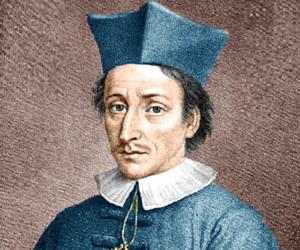
Nicolas Steno was a 17th-century Danish scientist considered a pioneer in both anatomy and geology. He received training in the classical texts on science and went on to become an expert on fossils and rock formation. Today, he is considered one of the founders of modern stratigraphy and modern geology. He became a Catholic bishop in his later years.
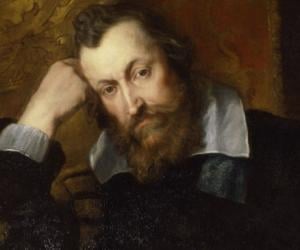
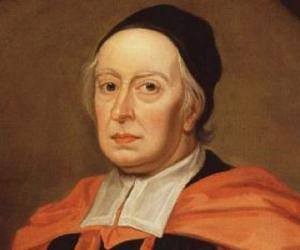
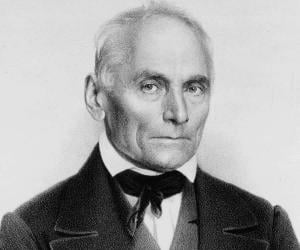
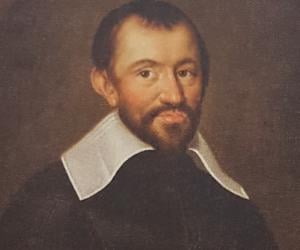
French Catholic priest and astronomer Pierre Gassendi is remembered for his efforts to reconcile atomism with Christian ideals and for his anti-Aristotelianism. His studies included research on Epicurean philosophy. Apart from observing the transit of Mercury, he also studied the speed of sound and horizontal momentum.
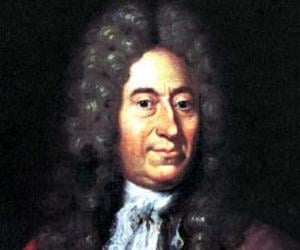
Ole Rømer was a Danish astronomer known for making the first quantitative measurements of the speed of light in 1676. Born into a wealthy family where his interest in mathematics and astronomy were encouraged, he went on to study at the University of Copenhagen. He had a high-profile career and was employed by the French government under King Louis XIV.
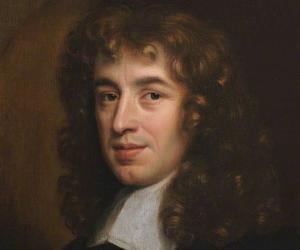
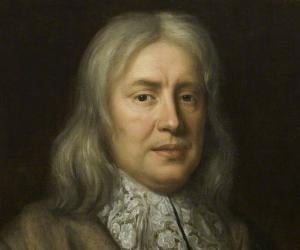
Known as The English Hippocrates for authoring the medicine textbook Observationes Medicae, physician Thomas Sydenham is also remembered for his pathbreaking research on gout and scarlet fever. He also discovered St. Vitus’ dance, or Sydenham’s chore; believed in nosological classification of ailments; and popularized the use of quinine for treating malaria.
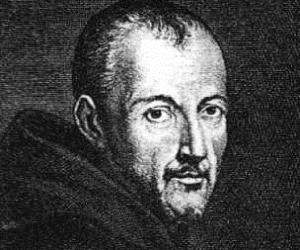
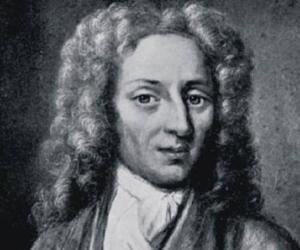
A close associate of Isaac Newton, Swiss mathematician Nicolas Fatio de Duillier, was, according to many, the reason for Newton’s nervous breakdown after they fell apart. He is best remembered for co-discovering the phenomenon of zodiacal light and for inventing the shadow theory of gravitation.
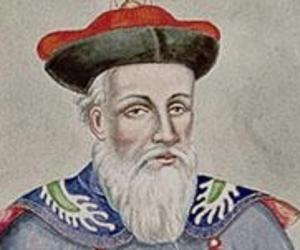
Dutch Jesuit missionary and astronomer Ferdinand Verbiest had a huge influence in China during the reign of the Qing dynasty. Also known as Nan Huairen, he advised the Chinese emperor in significant matters and also worked as a translator and a cartographer. He penned several books and knew many languages.
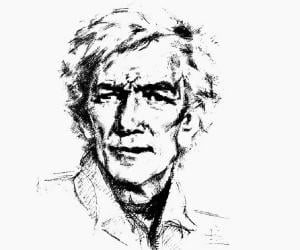
Eusebio Kino was a Tyrolean missionary, explorer, geographer, astronomer, and cartographer. Nicknamed Father Kino for his missionary work, Eusebio worked closely with the indigenous Native American people, including the Sobaipuri, Tohono O'Odham, and other Upper Piman populations, as part of his exploration. He also led an overland expedition in the Baja California Peninsula, proving that it is not an island.
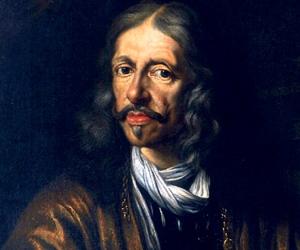
Johannes Hevelius was an astronomer who is credited with describing 10 new constellations; seven of ten constellations described by him are used by astronomers today. He is also referred to as the founder of lunar topography for making a compilation of an atlas of the moon. He is also credited with making a comprehensive catalog of 1,564 stars.
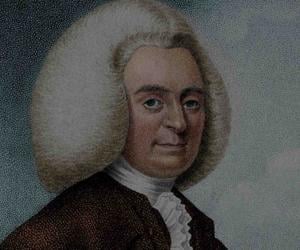
Colin Maclaurin was a Scottish mathematician best remembered for his contributions to algebra and geometry. A child prodigy, Maclaurin became one of the youngest professors in history when he became a professor of mathematics at the age of 19. Colin Maclaurin also contributed immensely to the study of elliptic integrals and is credited with discovering the Euler–Maclaurin formula.
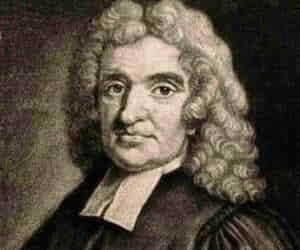
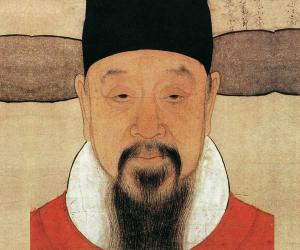
Xu Guangqi, or Paul, was a Chinese official of the Ming dynasty and one of the most prominent Chinese converts before the 20th century. An agronomist, a mathematician, an astronomer, a politician, and an author, he translated many Western works. He was also known as one of the Three Pillars of Chinese Catholicism.
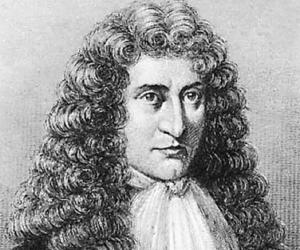
Best remembered for his ground-breaking invention of the pressure cooker, Denis Papin was also the man behind the first piston steam engine, which played a major part in ushering in the Industrial Revolution. Unfortunately, he died a destitute and remains buried in an unmarked grave in London.
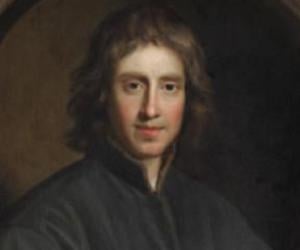
Anglican priest and mathematician William Whiston is remembered for his efforts in popularizing the works of his mentor Isaac Newton. His A New Theory of the Earth aimed at explaining the historical and scientific validity of biblical events. He was also a supporter of Arianism and Primitive Christianity.
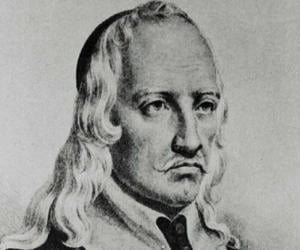
While he matriculated in math and taught the subject later, Giovanni Alfonso Borelli also made pioneering discoveries as a physicist and physiologist. With works such as De Motu Animalium, he revolutionized the field of biomechanics, explaining muscular movements with the help of statics and dynamics.
